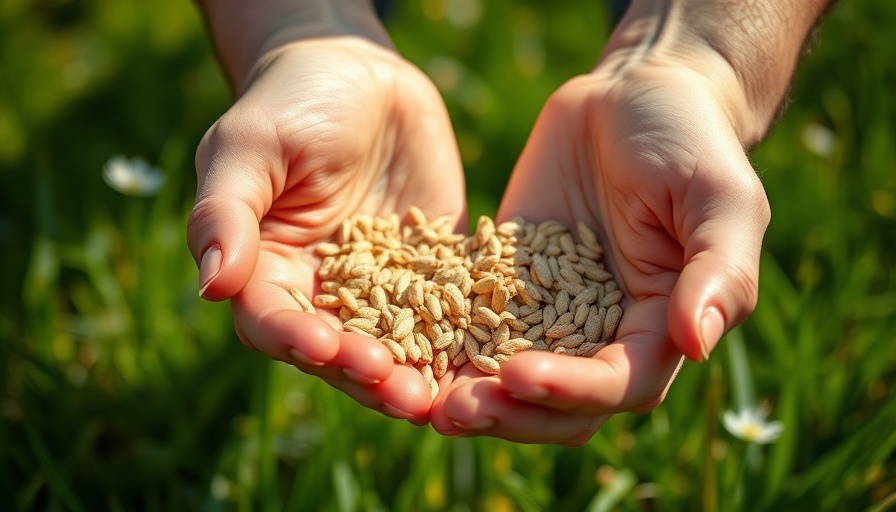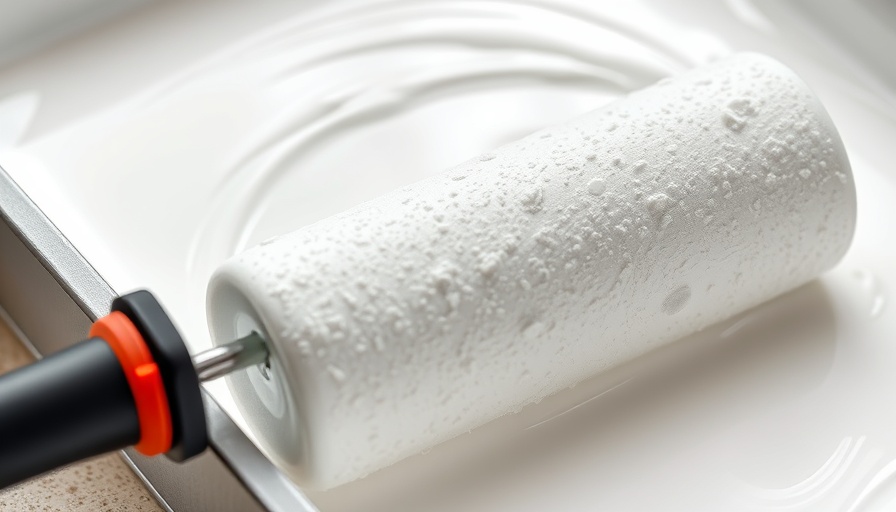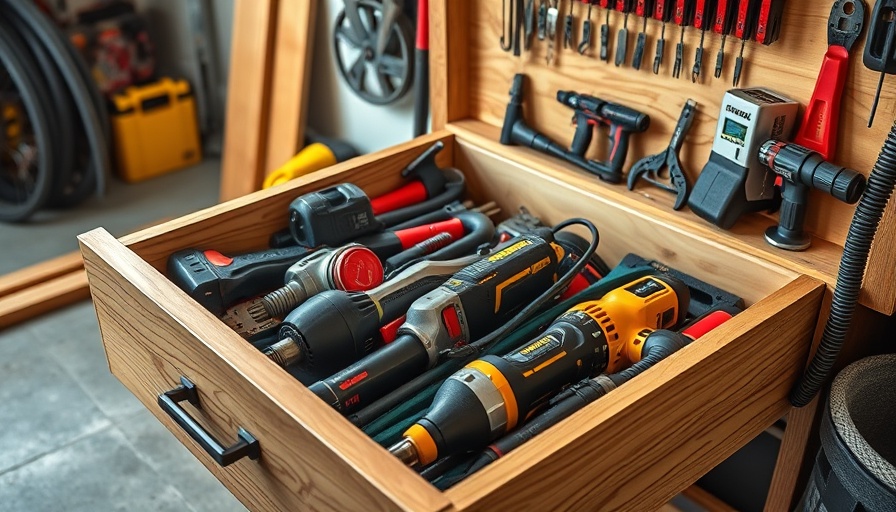
Understanding Why Grass Seed Can Spoil
Grass seed is a living entity, and like all living things, it has a lifespan that can be affected by its environment and storage conditions. As Michael Fidanza, a professor of plant and soil science at Pennsylvania State University, points out, grass seed can indeed 'go bad,' meaning it ceases to germinate and grow.
Factors That Lead to Seed Deterioration
Several key factors impact the longevity of grass seeds. Temperature, moisture, and exposure to pathogens play significant roles in determining whether seeds will remain viable. Jon Trappe, a turfgrass extension educator at the University of Minnesota, reinforces that seeds stored in a humid and warm environment can quickly lose viability and become moldy. To avoid this, it's crucial to store grass seed in a cool, dark, and dry place.
Expected Lifespan of Grass Seeds
How long can you expect your grass seeds to last? According to Grady Miller, an extension specialist at North Carolina State University, seeds can remain viable for weeks to decades depending on storage. However, the germination rate naturally declines over time. Factors such as the type of grass and quality of the seeds impact this lifespan significantly—most seeds can hold onto their viability for about 10 to 18 months if stored correctly.
Identifying Bad Grass Seed
It’s not easy to determine if grass seeds have gone bad until you've planted them, but there are signs to look out for. Bob Mann from the National Association of Landscape Professionals suggests that older seeds, particularly those past their testing date, have reduced germination rates. Any visible mold or insect damage is a clear indicator that the seeds might not be usable.
Expert Tips for Seed Longevity
1. **Know Your Grass Type**: Choose the right type—cool-season versus warm-season—that corresponds to your region's climate. Different types have varying storage capabilities.
2. **Keep Seeds Dry**: Moisture can cause seeds to sprout prematurely or develop fungus. Always check that seeds are moisture-free before storing.
3. **Use Airtight Containers**: Store seeds in airtight containers to protect them from moisture and air that can degrade their quality quickly.
4. **Control Light Exposure**: Protect seeds from sunlight exposure, which can harm viability—storing in a dark, cool place, like a basement, is ideal.
5. **Check Expiration Dates**: Know that stored seeds will have reduced viability as they age, so keep track of expiration dates on packaging.
The Importance of Proper Storage
Storing leftover grass seed is always a good practice. Skylar Christensen's experiences with improperly stored seeds show that even five-year-old seeds can still germinate under ideal conditions.
By following guidelines for proper storage, such as using breathable packaging and maintaining a stable temperature, you can extend the lifespan of your grass seeds, increasing the chances of a healthy lawn.
Concluding Thoughts
Understanding how and why grass seeds go bad is essential for any homeowner looking to maintain a robust lawn. Investing time in proper storage techniques can save you money and frustration down the line. For expert advice and products tailored to meet your lawn care needs, consider exploring the resources available through local gardening centers or lawn care professionals.
 Add Row
Add Row  Add
Add 






Write A Comment